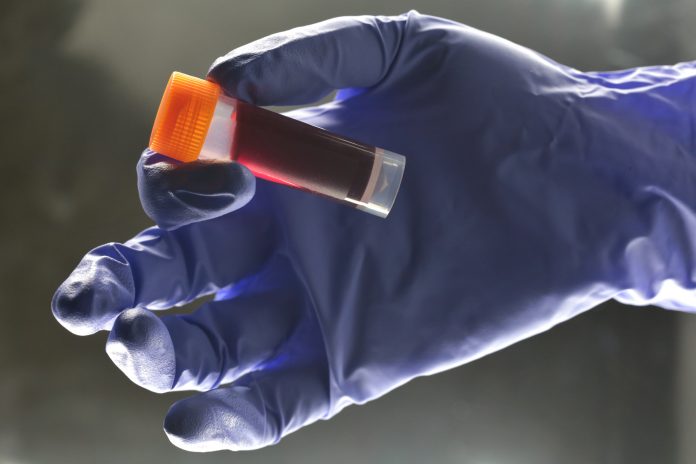
Medical technology company BD (Becton, Dickinson Corporation) announced today a collaboration with lab services giant Labcorp to create a framework for a joint offering to develop, manufacture, market and commercialize flow cytometry-based companion diagnostics (CDx) for cancer and other diseases.
Under the collaboration, whose terms were not released, BD and Labcorp Drug Development will provide biopharmaceutical partners with combined expertise ranging exploratory panel development to FDA approval of diagnostic along with IVD kit manufacturing and distribution.
“Flow cytometry is a trusted and powerful tool for analyzing cells to better understand disease, and it has tremendous untapped potential as a companion diagnostic in oncology and other therapeutic areas,” said Dr. Bill Hanlon, CSO of Labcorp Drug Development. “This strategic collaboration with BD, a pioneer and global leader in flow cytometry, is an exciting step toward increasing adoption and ultimately bringing innovative new companion diagnostics to market to help identify patients who could benefit most from appropriate treatments.”
Flow cytometry is an emerging method for the diagnosis of cancer and other diseases. The laser-based technique can identify and analyze as many as 10,000 cells or particles in a sample in one minute. Currently flow cytometry is used as a research tool for a number of purposes such as cell counting; cell sorting; determining cell function and cell characteristics; detecting microorganisms; discovering biomarkers; and for the diagnosis cancers.
Its most common diagnostic uses are for analyzing bone marrow, blood samples, and other bodily fluids. The core capability of flow cytometry-based diagnostics is its ability to detect the patterns of antigens on cells. Normal cells show a specific pattern of antigens, while abnormal cells display different patterns that may indicate the presence of diseases such as leukemia, lymphoma, or other diseases. Users of the technology see potential for it to be a new tool in the development of CDxes, which now uses an array testing methods leveraging immunohistochemistry (IHC), fluorescence in situ hybridization (FISH), polymerase chain reaction (PCR), next-generation sequencing (NGS), and imaging.
“In the companion diagnostic landscape, there is a clear and urgent need for high sensitivity and multiplexing capabilities, and that is where flow cytometry can help,” said Puneet Sarin, president of BD Biosciences. “BD and our dedicated CDx team are uniquely positioned to advance flow cytometry as a companion diagnostic tool, and we are pleased to join forces with Labcorp, a trusted global leader in diagnostic testing and drug development, to pursue opportunities with the pharmaceutical industry to develop new companion diagnostics that can potentially improve patient outcomes and drive us forward in advancing the world of health.”













